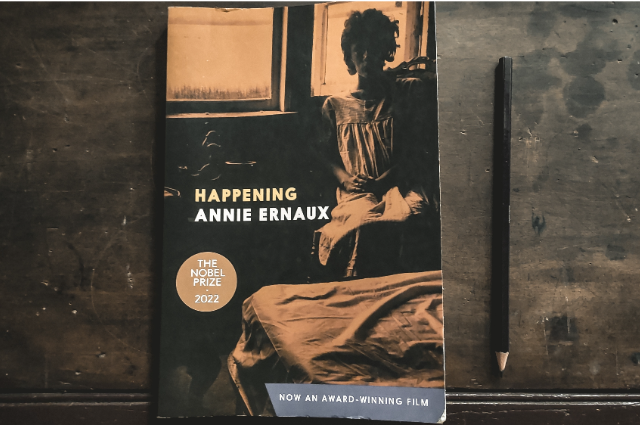
In the fading light of evening, my study table was a mess of political science books. Amidst the heap, an unfamiliar book rested prominently. Intrigued, I reached for it. The cover grabbed my attention instantly. It bore the claim of being a Nobel Prize-winning book in 2022, and later, it became an award-winning film. It seemed this treasure had found its way into my possession through my sister, a gift from her friend.
Upon opening the book to a random page, my eyes landed on the first line of the first paragraph on page 17: “In early October, on several occasions, I had made love with P, a political science student…” This unexpected glimpse into the narrative instantly seized my attention, pulling me away from the realm of Political Science and directing my focus towards uncovering more about P, the political science student mentioned in the book (though little did I know this was going to be the only mention of P).
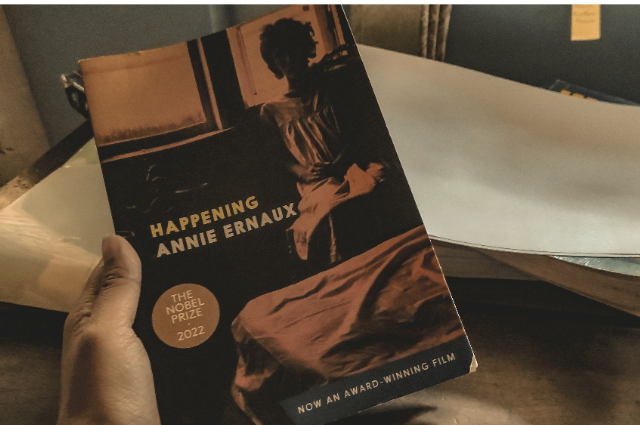
Assessing the book's dimensions - 95 pages, standard font - I estimated it to be a quick read, promising no more than two hours of reading time. With my curiosity sparked, I eagerly delved into the pages, eager to uncover its hidden secrets.
The book opens with a scene from October 1963 in France, where a 23-year-old woman nervously awaits the results of her HIV test in a doctor's office. Back then, being HIV-negative was a fervent wish for many. The woman was none other than the author herself, Annie Ernaux, who experiences a mix of anxiety and hope as she waits. Fortunately, her results come back negative, and she leaves the doctor's office relieved. However, her relief is short-lived as she anxiously awaits her menstrual cycle. Despite hoping for its arrival, weeks pass by without any sign of blood, leaving her unsettled.
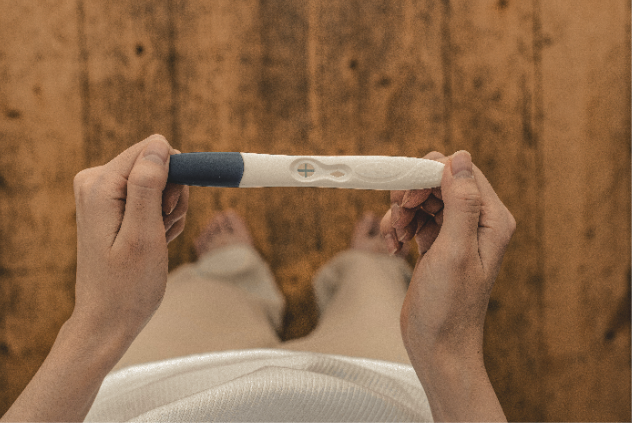
Ernaux had big dreams of becoming a writer, finding solace in her journal. On November 8, after a visit to the gynecologist, she penned the words, “I am pregnant. It’s a nightmare.” At 23 facing an unwanted pregnancy when abortion wasn’t an option, she started writing about her struggles in her diary. Forty years later, Ernaux unveiled her hidden story in her book 'Happening' revealing the secret she had carried for so long.

Women have always been the ultimate sufferers. When France lost many lives due to World War I, new abortion laws prohibited the act of abortion and the use of contraception to boost the birth rate. The introduction of the new law even stated that whoever induced miscarriage would be punished with 5 years of imprisonment. Later, in 1942, abortion was made a capital crime punishable by death. In 1944, although abortion laws were reformed, abortion continued to be prosecuted relentlessly.
In 1963 France, abortion was against the law. But that didn't stop women from seeking it out. The rate of illegal abortions was high, putting women in danger. Some had no choice but to turn to inexperienced hands, risking their lives in the process. Others, like Ernaux, took matters into their own hands, attempting self-induced abortions. It was a risky game of survival in the shadows of the law.
The 23-year-old faced a difficult choice. She couldn't openly ask the doctors for help with an abortion – it was against the county's rule. So, she took matters into her own hands. One desperate attempt involved trying to induce a miscarriage by inserting a knitting needle into her womb. She even turned to extreme physical activities like sports and mountain climbing hoping that her strenuous efforts or maybe even a fall would cause the placenta to dislodge. It was a risky path she walked, navigating the dangerous terrain between her desires and the law.
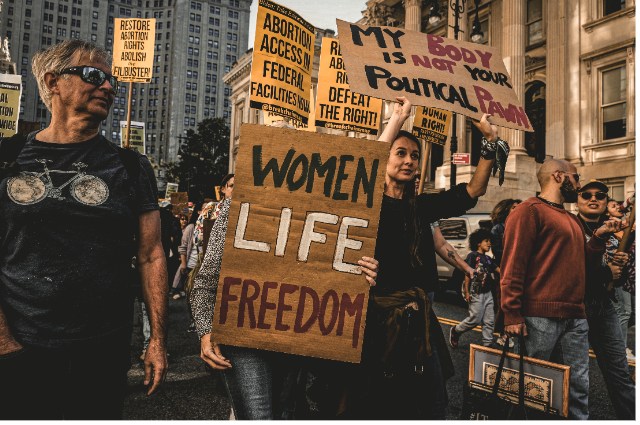
Ernaux's struggle against societal stigma and restrictive laws serves as a powerful reminder of the ongoing fight for women's rights. Her Nobel Prize-winning book 'Happening' reflects this struggle, echoing the experiences of women worldwide. In 2022, as Ernaux received her well-deserved award, another narrative unfolded in the United States. Thousands of women took to the streets, passionately advocating for their right to access safe and legal abortion services. The duality of these events underscores the persistence of the challenges women face globally, where one woman's recognition for sharing her abortion experience contrasts with many still fighting for their rights.
It's a grim reality that women often bear the brunt of harsh punishments and societal injustices. Recently, there was disturbing news of a Taliban leader threatening to publicly stone women to death for adultery. Regardless of the moral debate surrounding adultery, the question arises: why are women singled out for such severe consequences?
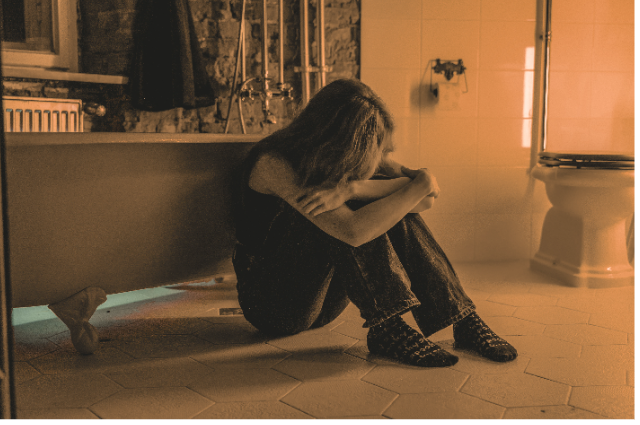
'Happening' by Annie Ernaux recounts the events of 1963, but its relevance persists today. Seventy-one years later, women continue to face similar struggles. At just 23 - years - old, Ernaux, feeling isolated and scared, finds someone who could help her with abortion illegally. It's a distressing situation, made even more alarming when the person reveals that another woman had died during the procedure.
Back then, Ernaux was a college student, focused on her thesis. She didn't have much money, and all she wanted was to return to her regular life. However, she’s stuck in this awful situation: deciding whether to have her baby or deal with the mess of finding a half-formed fetus in her bathroom.
When the author reflected on her journey while writing this book, she candidly admitted, “…I shall have no more power over my text, exposed to the public just like my body was exposed at the Hotel-Dieu Hospital”.
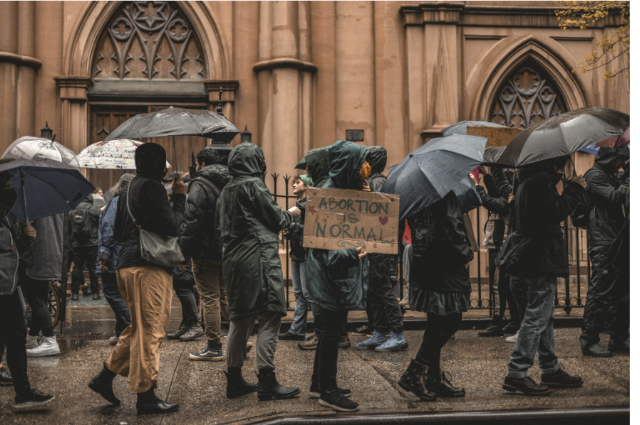
As I closed the book, amidst the fading light of evening and the clutter of political science books on my study table, I realised that within this Nobel Prize-winning book, 'Happening' lies not just a story of one woman's struggle, but a reflection of the ongoing battle of women worldwide. Reproductive rights are essential for women to enjoy their human rights. These rights are centered on women’s ability to make the best choices for their lives. Governments should trust women to know what is best for their bodies, their physical and mental health, and their lives. It's a poignant reminder that we must continue advocating for rights and justice, one page at a time.
